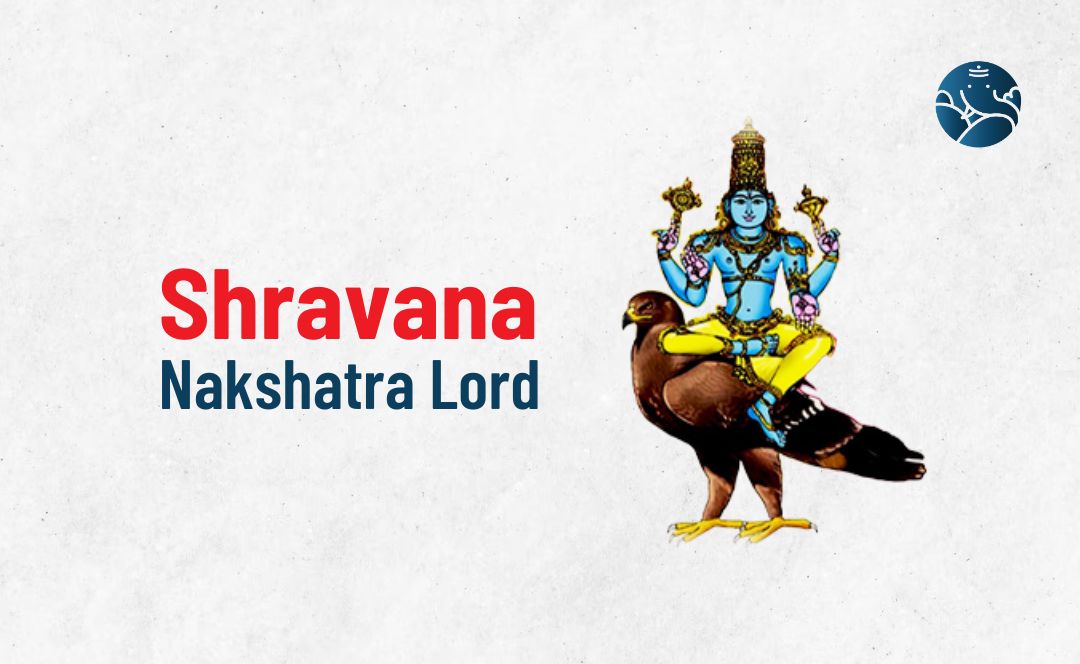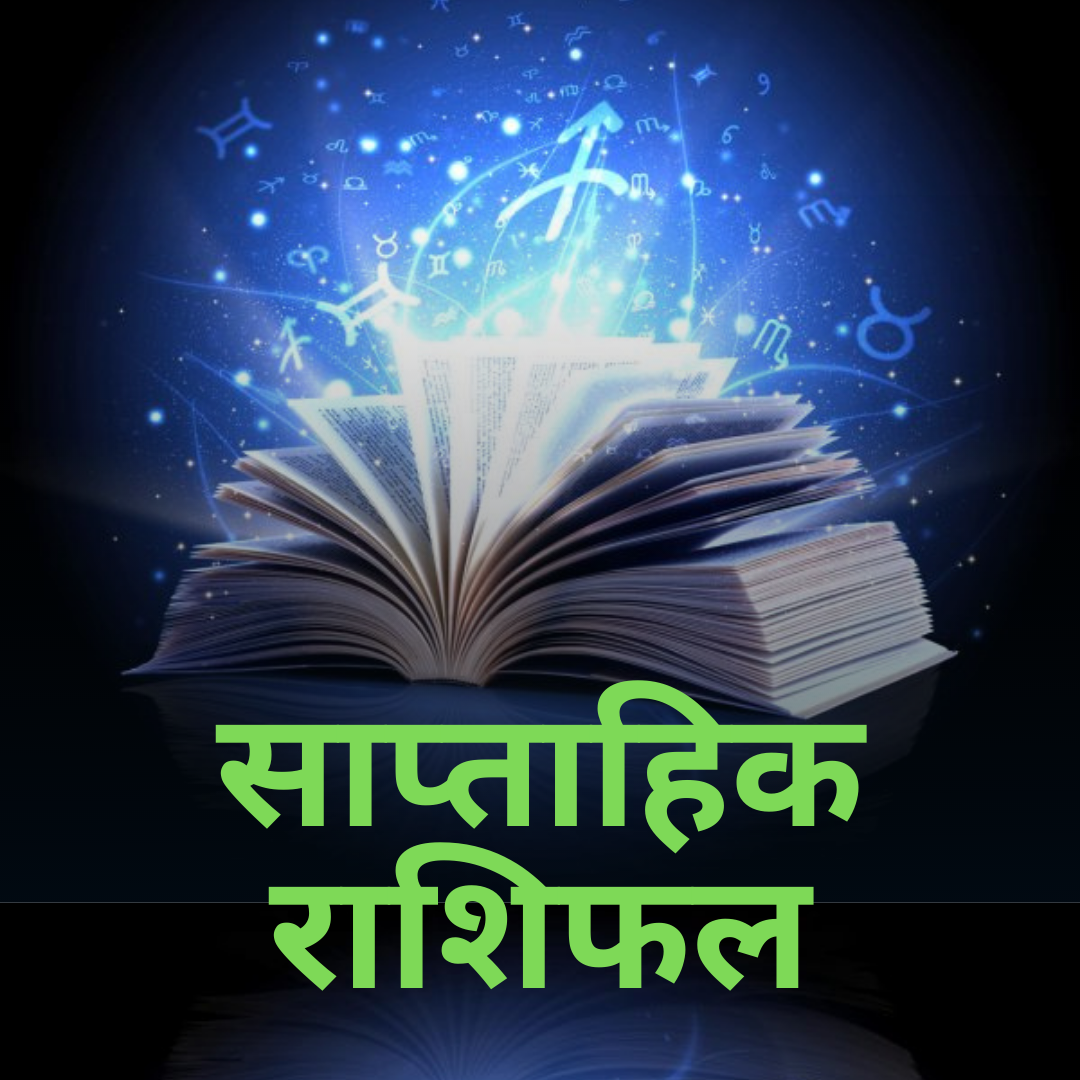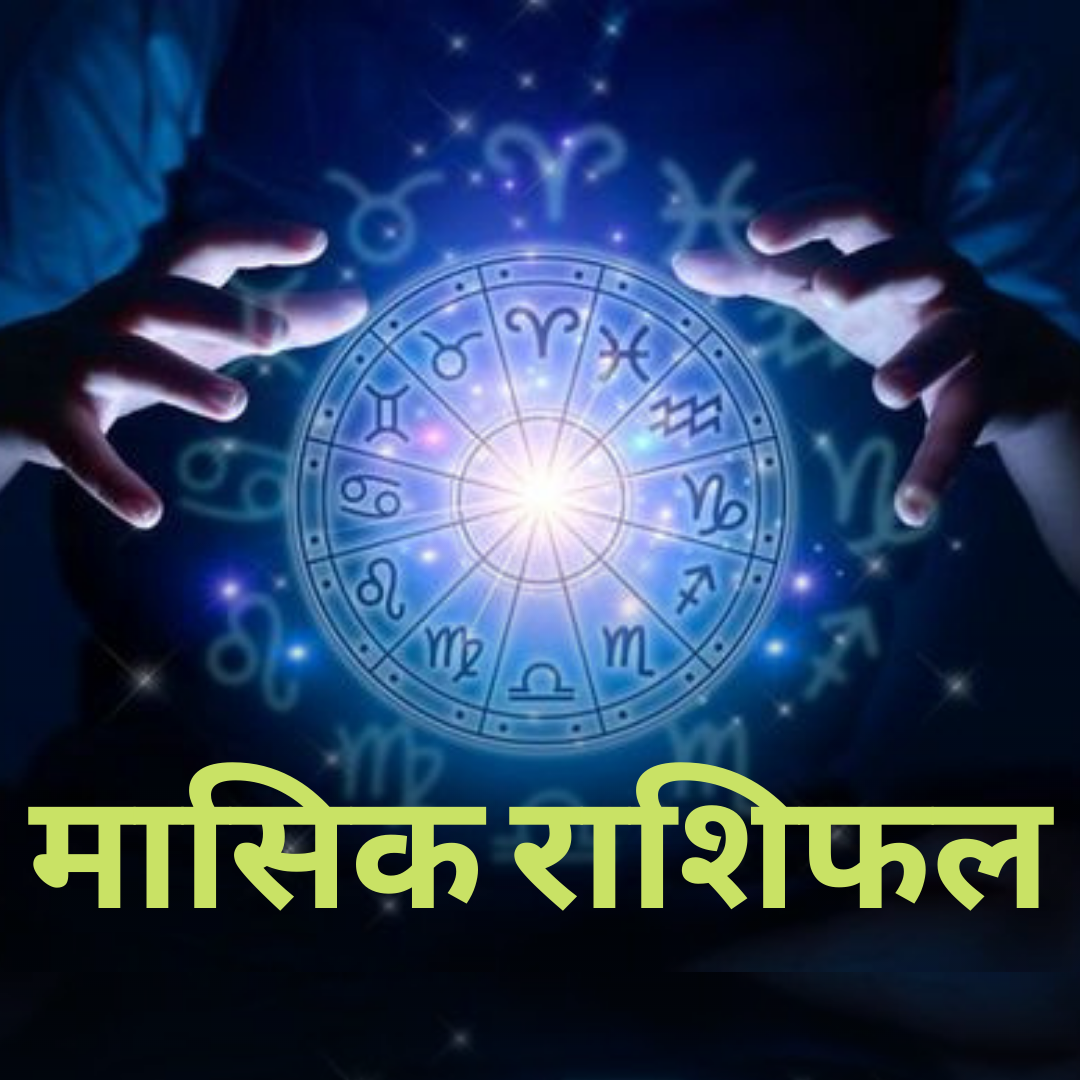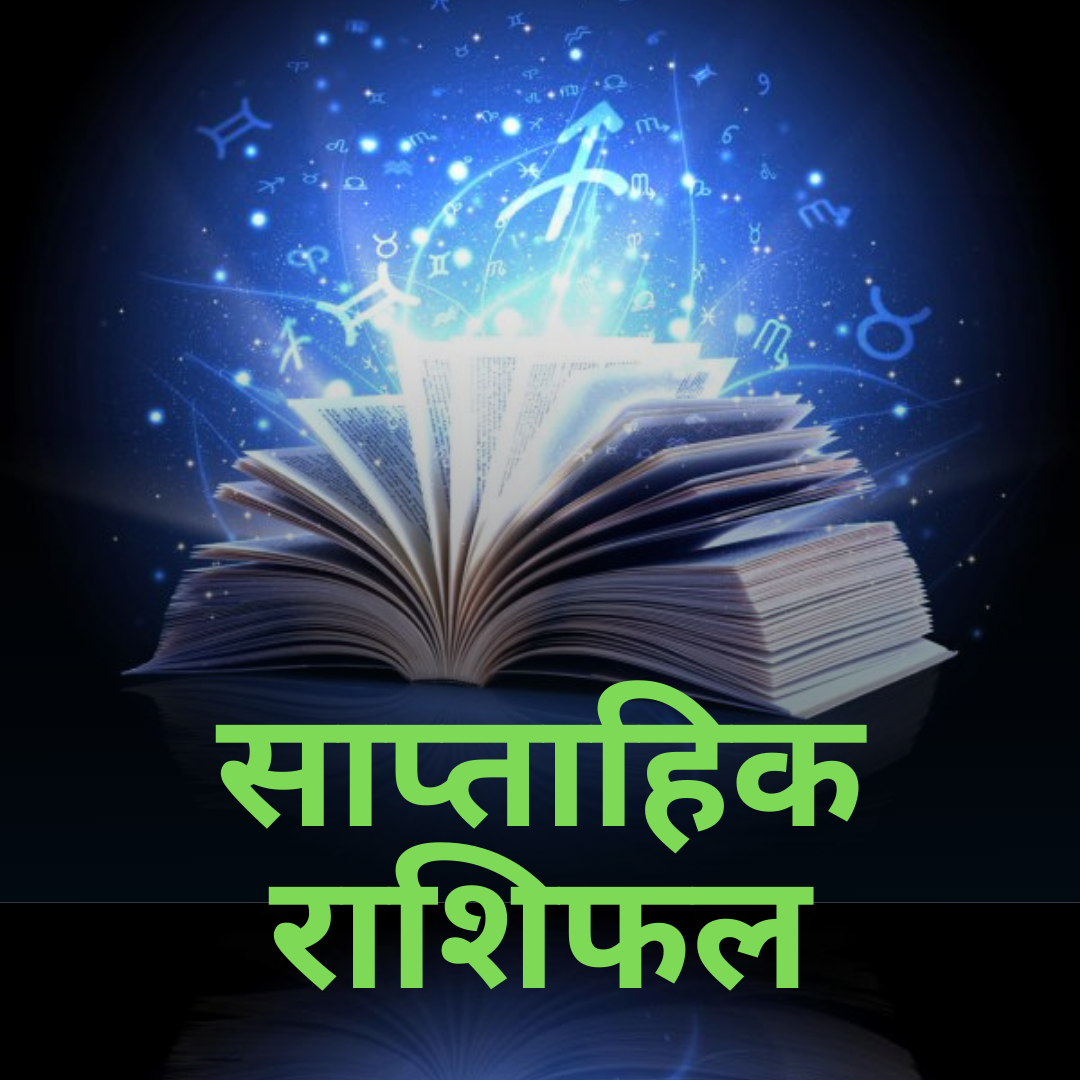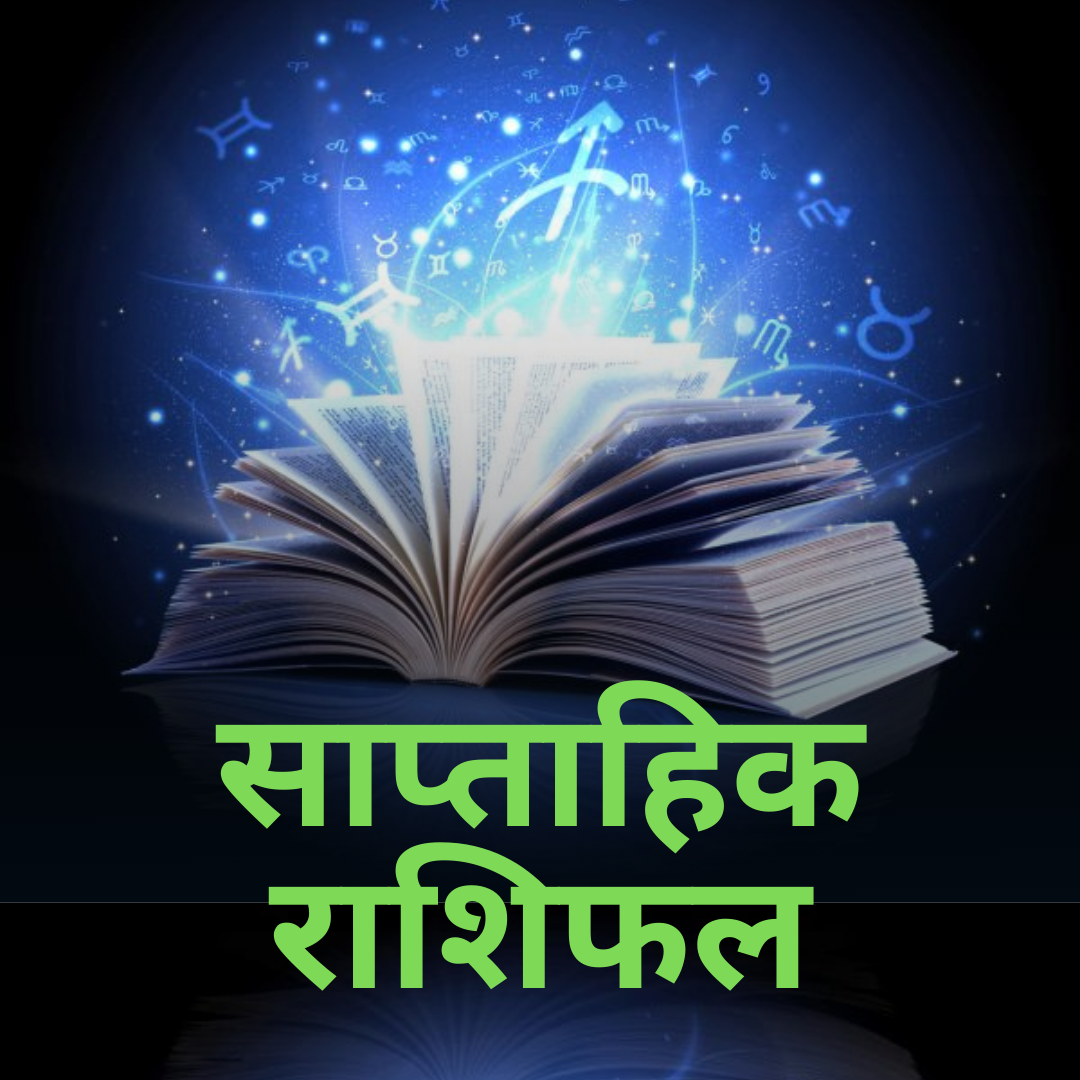
Samvatsari 2026 - History, Significance and Rituals
Samvatsari is viewed as the most sacred and significant day in the Jain calendar. This celebration is commended on the last day of Paryushaana. The holiest celebration of the Shvetambara faction of Jainism. On this day, Jain adherents look for absolution from all living creatures for their mix-ups. Whether they are done purposefully or inadvertently. They also forgive those. Who wronged them in the past? Kshma Yachana Divas, Daya Divas, and Ahimsa Divas are some of the other names given to this festival.
Significance of Samvatsari
Samvatsari holds immense spiritual significance for Jains. It isn't simply a strict celebration. It is a day of moral sanitization, otherworldly thought, and pardoning. The celebration accentuates that no individual is awesome and no one's perfect. Nonetheless, through absolution, one can conquer these slip-ups, filter one's spirit, and push ahead on the way to freedom.
Samvatsari is viewed as an event to purge the spirit and lessen negative karma. The celebration supports the Jain standard of peacefulness. Which extends to thoughts, words, and actions. It empowers pardoning, advancing a serene and agreeable society. Pardoning is viewed as a significant stage on the way to achieving moksha (freedom). The ultimate goal of Jainism.
Paryushan
The word 'Paryushan' means 'staying in one place', indicating a time of contemplation and repentance for Jain devotees. Originally it was primarily a monastic practice. The festival involves 8 days of strict fasting, repentance, and worship. Frequently priests are welcome to give lessons from Jain sacred texts.
Jainism
Jainism is an old religion of India that shows the way to otherworldly immaculateness and illumination through focused peacefulness to every living being. Jains are severe veggie lovers. Live so that they use as a bit of the world's assets as could really be expected.
History of Samvatsari
Samvatsari has profound verifiable roots in Jainism. Returning to old India when Jain Tirthankaras (otherworldly teachers) presented moral and otherworldly practices. That is as yet followed today. The meaning of this celebration is connected to the lessons of the 24th Tirthankara Ruler Mahavira. Who underlined ahimsa (peacefulness), anekantavada (different perspectives), and aparigraha (non-ownership). These standards are the underpinning of the Jain way of thinking. They are integral to the ceremonies performed during Samvatsari.
Samvatsari has turned into a significant event for Jains to consider their activities over time. The rituals of this day, additionally incorporate requesting absolution. Feature Jainism's obligation to advance empathy, peacefulness, and shared regard in the public arena.
During Samvatsari of Rituals
Samvatsari is celebrated with several rituals and customs, each of which emphasizes self-discipline, devotion, and the act of asking and granting forgiveness.
Fasting
Jains observe fasts during Paryushan, with the most intense fasting occurring on the day of Samvatsari. Some people fast all day. While others fast for several days or abstain from certain foods.
Pratikraman
Pratikraman is the process of reflecting on one's conduct and repenting for past mistakes. This custom is performed two times every day by Jains. But it holds special significance for Samvatsari.
During Pratikraman, Jains pray, perform rituals, and seek forgiveness from all living beings, acknowledging any harm they may have caused.
Seeking forgiveness
The principal custom of Samvatsari is looking for pardoning from others. Jains say “Michhami Dukkadam” or “Uttam Kshama” to their family members, friends, and even acquaintances and ask them to forgive any wrongdoings.
Confession of sins
Jains confess their sins and wrongdoings in front of a spiritual leader or during private meditation. This practice is known as Samyika. Where the individual reflects on his or her moral shortcomings.
Sermons and Spiritual Discourses
On Samvatsari, Jain temples hold messages, otherworldly talks, and social events. Where priests and profound pioneers examine the significance of pardoning, peacefulness, and self-restraint.
Meditation and Chanting
Meditation is an important part of Samvatsari rituals. Jains meditate to calm their mind, focus, and connect with their inner self. Chanting mantras and prayers dedicated to Lord Mahavira and other Tirthankaras are also common with devotees seeking spiritual knowledge and inner peace.
Conclusion
On the day of the festival, donations are given to the poor, and the picture of the Jin (great teacher) is ceremoniously carried around the streets. Devotees collectively confess their sins and send letters seeking forgiveness. Jain devotees say 'Michhami Dukkadam' to their loved ones upon the arrival of Samvatsari. The significance of this saying is Assuming I have harmed you in any capacity, deliberately or accidentally, by thought, word, or deed, I ask for your absolution. If you want to know the Samvatsari festival more information, you can get the information by talk to astrologer.


